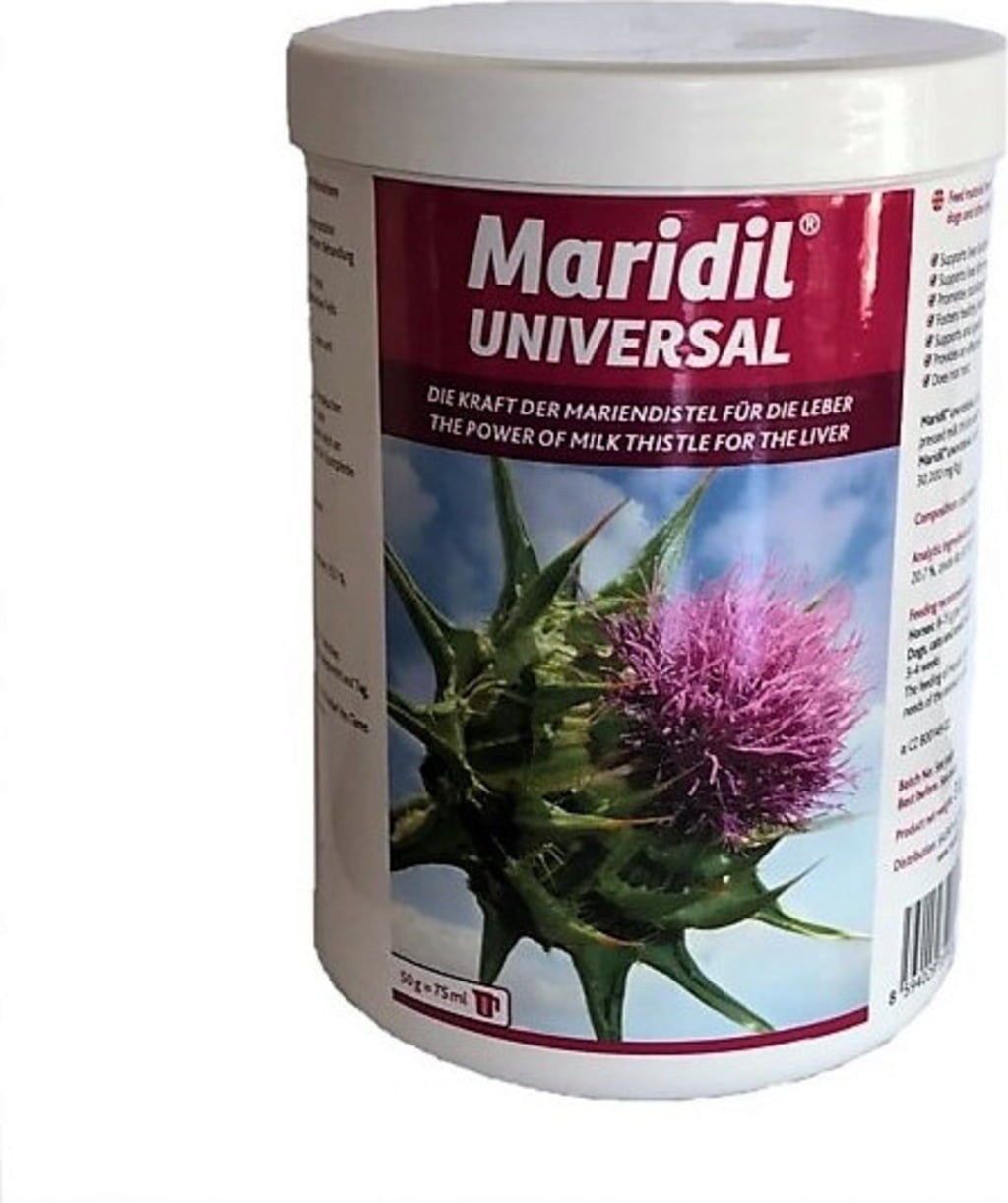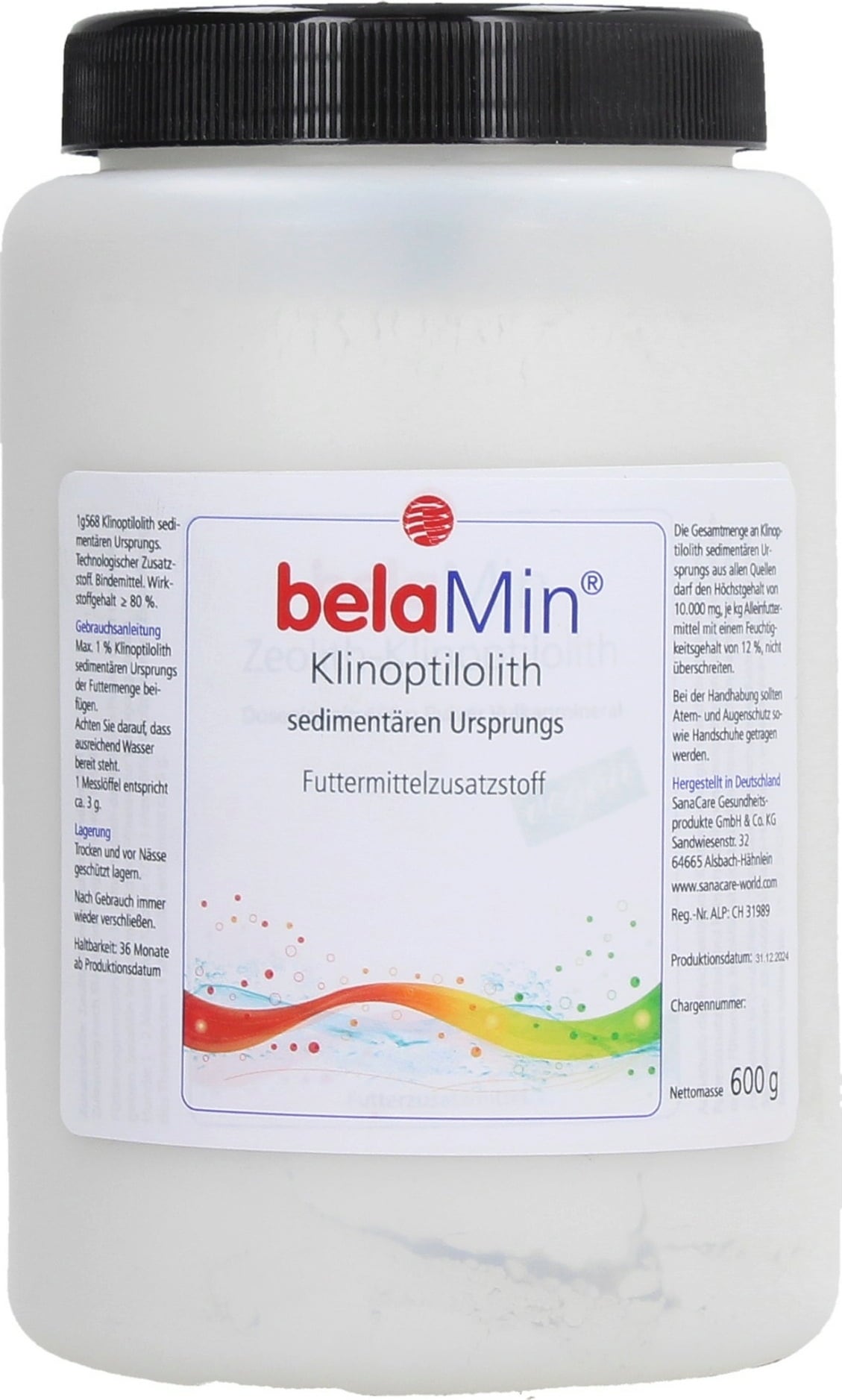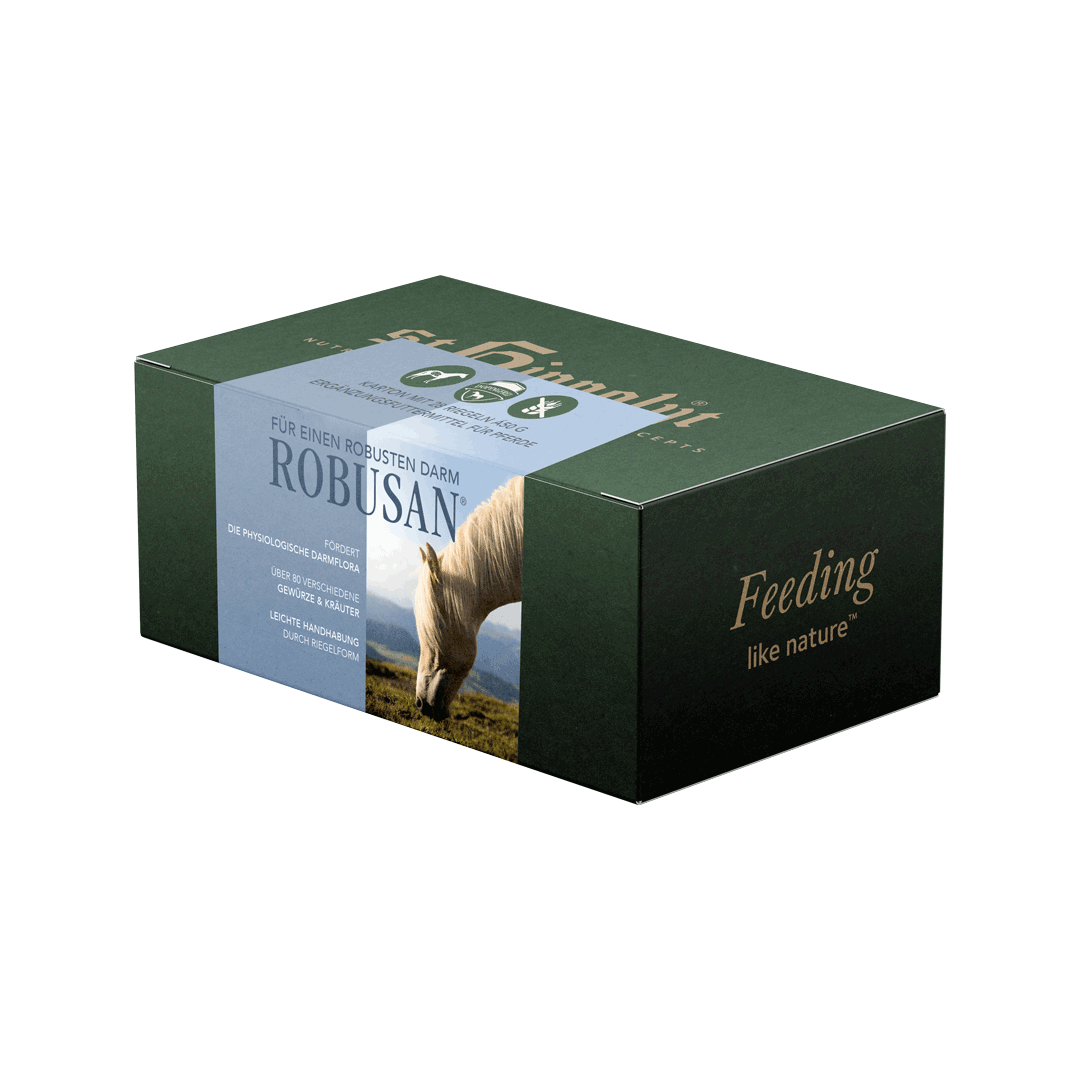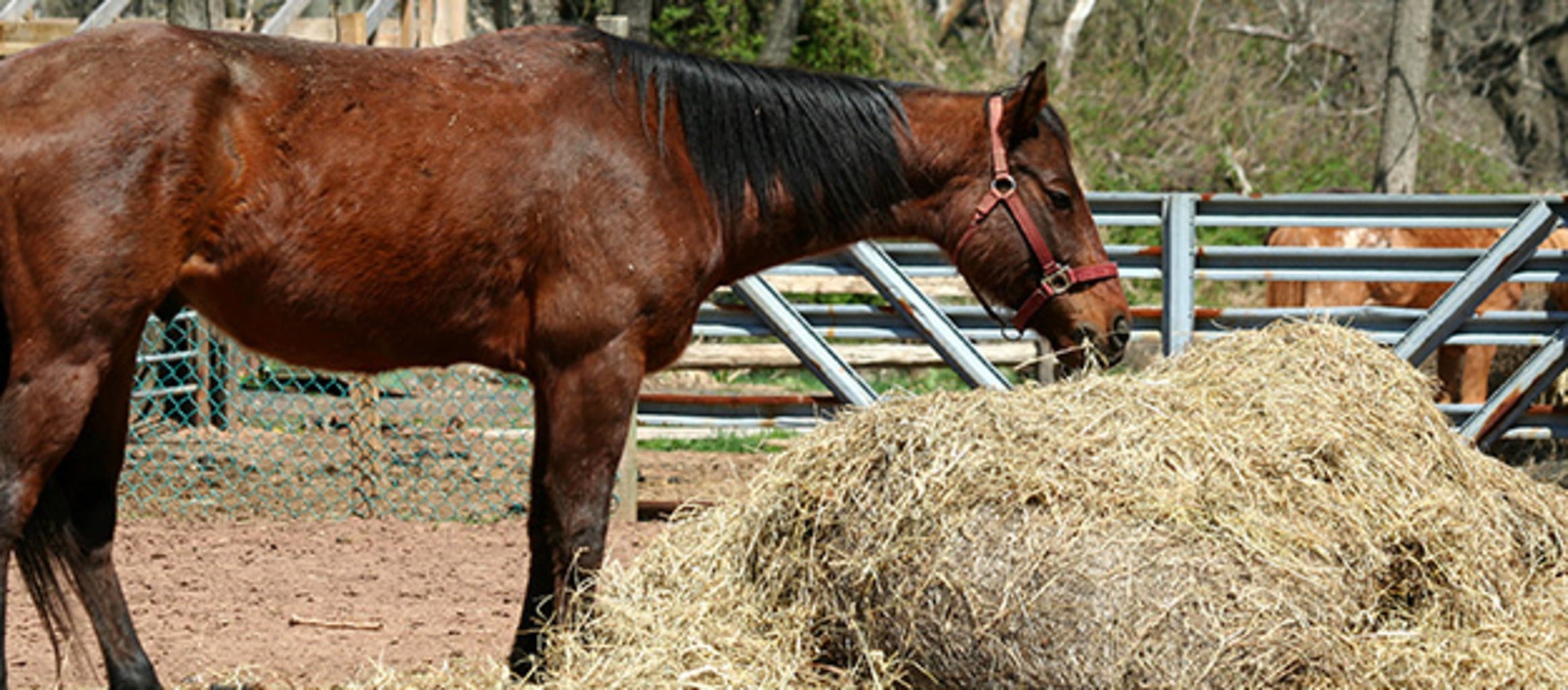Mycotoxins - The Invisible Danger
So-called mycotoxins in plants and horse feed are an often unknown, but even relatively common, danger to horses. These are secondary metabolic products of various moulds which, when consumed, show toxic effects for living beings. These toxins are produced by more than 250 different types of mould and there are now more than 300 known mycotoxins.
Feed that is contaminated with these metabolic toxins not only affects the health of our horses, but so-called mycotoxicosis can even lead to death.
The Food and Agriculture Organisation of the United Nations (FAO) estimates that up to 25% of all food produced worldwide is contaminated with mycotoxins. Around a fifth of the amount of grain produced in the EU contains measurable amounts of mycotoxins.
At first glance, these figures seem very worrying, but the situation is not quite as dramatic. In most cases the concentration is very low. In addition, only a small proportion of these toxins occur in feed in higher concentrations or more frequently. The most common mycotoxins are:
- Aflatoxins: They are mainly found in high-carbohydrate imported feed from warm climates. Fortunately, horses are relatively insensitive to this.
- Ergot alkaloids: These metabolic products are produced by ergot. It can attack grasses in meadows and pastures, but also occur in barley, rye and wheat.
- Fumonisins: These substances lead to impairments in horses. They are mainly found in corn products but are also found in barley, millet, and wheat.
- Saratoxin: This substance is found mainly in grain, grass, hay and straw.
Because mycotoxins are largely heat-resistant, they are not destroyed in food processing. Depending on the type of toxin, they are acutely or chronically toxic and can have a variety of negative effects on health. Common negative consequences are:
- Skin and mucous membrane damage
- Impairments to the central nervous system
- Liver and kidney damage
- Weakened immune system
- Carcinogenic effect
- Damage to the genetic make-up
- Deformities
Statutory maximum quantities regulated
In the EU there is an upper limit for the concentration of aflatoxin B1 in feed due to the feed regulation. For other mycotoxins, including fumonisins, ochratoxin and zearalenone, there are recommended guide values for feed. In principle, it should also be noted that the mycotoxin concentrations measured in feed are, in the vast majority of cases, well below the guide value.
In our part of the world, mycotoxin poisoning does not play a major role. Nevertheless, one should not be careless about the possible serious health consequences and always attach importance to hygienically perfect feed. This is the only way to ensure that we do not give our horses any contaminated feed.
Even if you only have the best food, the ingestion of small amounts of mycotoxins cannot be avoided. In the meantime there are therefore a number of products that either render mycotoxins harmless or protect the horse's organism from the negative effects of these poisons. Here are a few products you might consider:
Maridil Universal from Maridil
belaMin Zeolite Clinoptilolite Feed Additive for Animals from Sanacare
Robusan Gut Bars from St. Hippolyt
Related products
-
 4.7 (6)
4.7 (6)Maridil Maridil UNIVERSAL, 700 g
- Supports liver function & regeneration
- Supports healthy digestion
- Supports the healthy growth of the hooves
£16.20 (£23.14 / kg)Sold out
-
 4.9 (13)
4.9 (13)SanaCare belaMin Clinoptilolite Feed Supplement for Animals, 600 g container
- Feed supplement
- Activated clinoptilolite
- Prebiotic must-have
£21.50 (£35.83 / kg)Delivery by April 29
-
 4.8 (4)
4.8 (4)St.Hippolyt Robusan Gut Bars, 1.120 g
- Promotes healthy digestion
- With 80 natural spices and herbs
- Easy to use bar shape
£46.50 (£41.52 / kg)Delivery by April 29
Magazine Articles:
-
Great Britain: Free standard delivery from £79.90
-
Free
returns -
We operate in a
climate-conscious manner. More than 10.100 products
